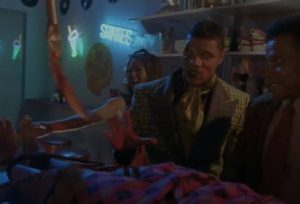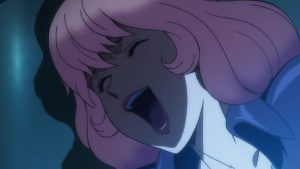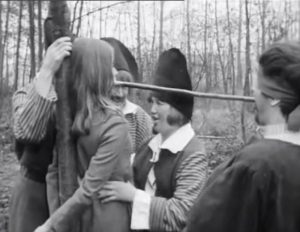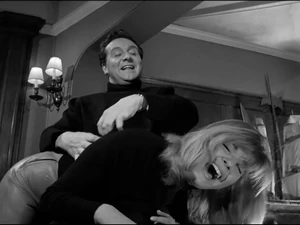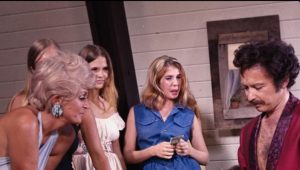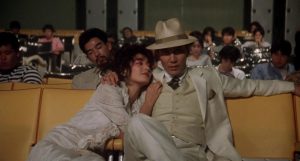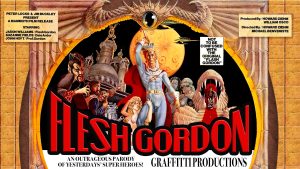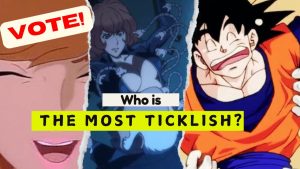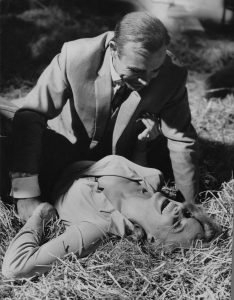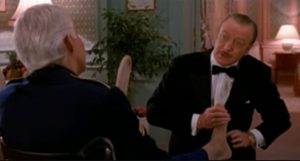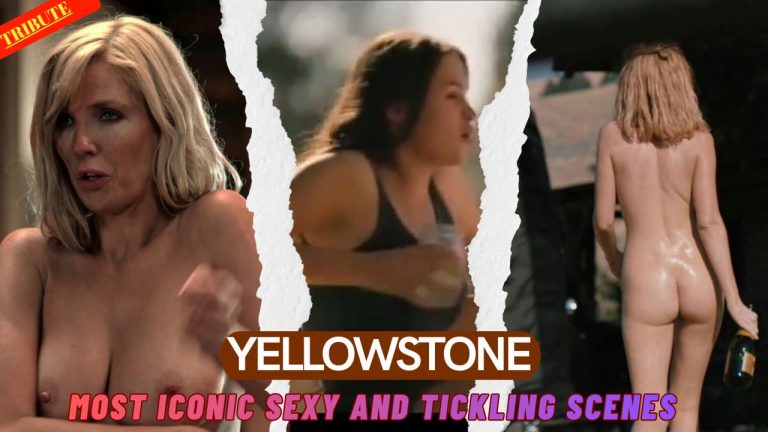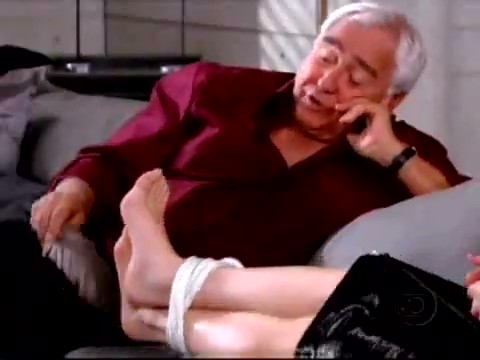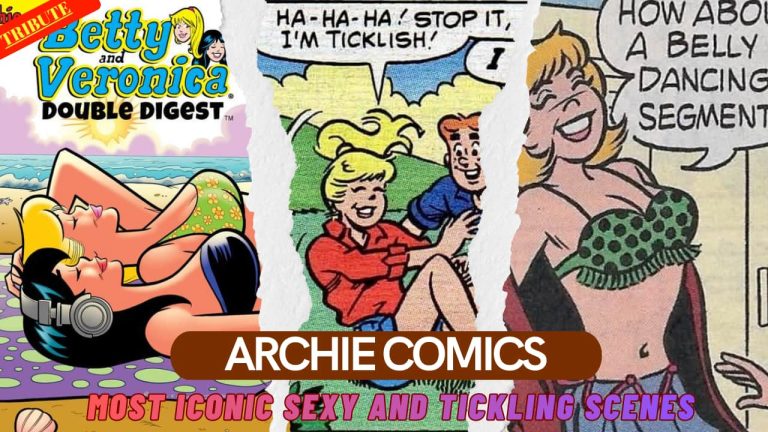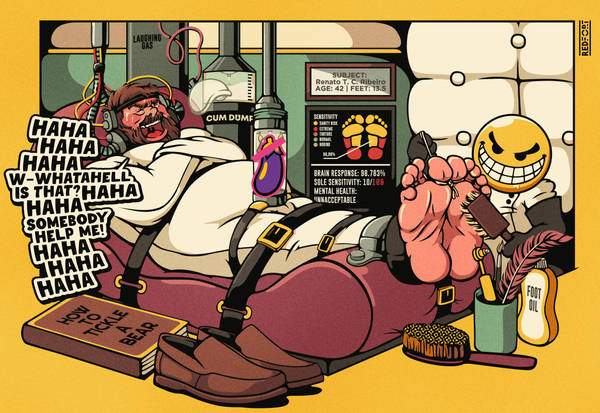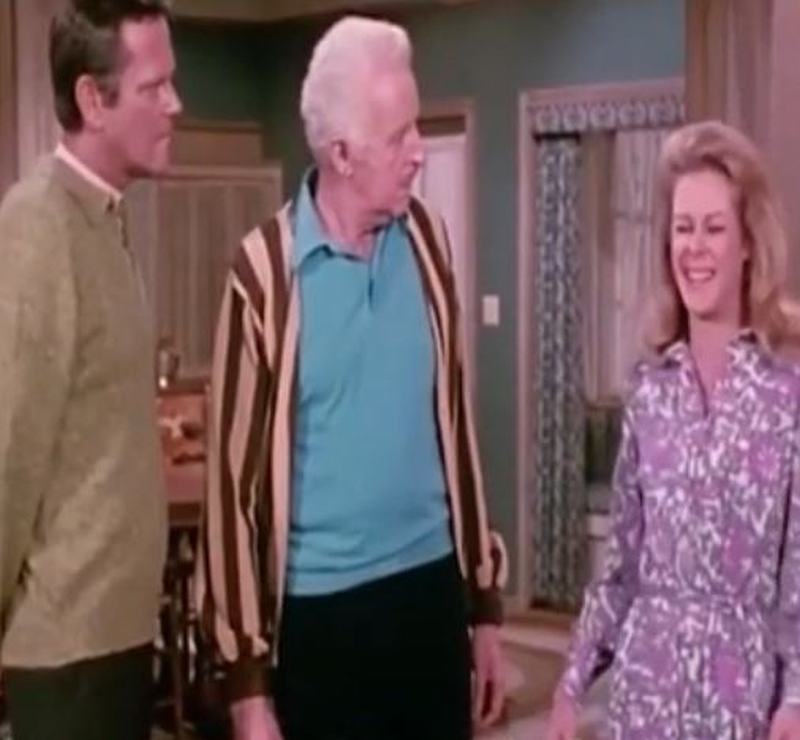
Magic in popular culture is portrayed as an ability that can perform otherwise impossible actions, such as creating effects on the bodies of living beings without the need to touch them directly.
In movies, TV series, and animated products, magical powers make it possible to act on a victim by bringing him or her to laugh against his or her will, either through laughing spells or through tickling phenomena. This can occur either for the purpose of confusing her, weakening her defenses, punishing her, or creating an embarrassing situation.
Since magic is invisible and can be performed from a distance, a victim who bursts out laughing for no reason in the most inappropriate situations is seen as uneducated or not in control of her actions. This can have even serious consequences for the victim, although it is usually a comic device that embarrasses the victim, causing the viewer to be amused by the reaction of those unsuspecting bystanders.
Tickle Scene in “Bewitched”
In “Bewitched,” the witch Samantha (Elizabeth Montgomery) tries to live a quiet life with her husband Darrin, but often her magical powers and supernatural associates create funny and unexpected situations in the human world.
In the episode “The Corsican Cousins,” Samantha is emotionally connected to her cousin Serena. This one, during a dinner party, is tickled for a long time and as a result Samantha also begins to laugh long and repeatedly, leaving the people present stunned by her inappropriate behavior.
(Plus: the gorgeous Elizaebth Montgomery has a slight ticklish reaction in “Dark Victory” (1976), when she tests her Babinksi reflex. It seems a genuine reaction!)
